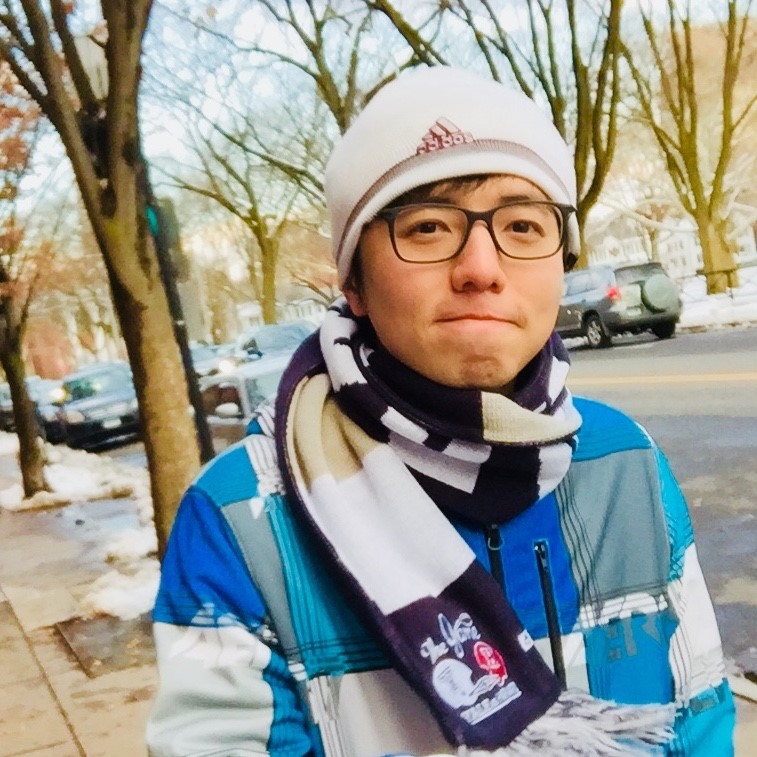Project: Holistic interrogation of iPSC-cortical organoids modeling MeCP2 deficiency in Rett syndrome

Laboratories:
Kwanghun Chung, Ph.D., Mriganka Sur, Ph.D., FRS
Biographical Information:
After finishing his bachelor’s degree in biochemical engineering and master’s degree in cell biology in China, Shaoyu went to University of Southern California for his PhD study in neurodegenerative diseases. Under supervision of Prof. Justin Ichida, Shaoyu employed cutting-edge neuroreprogramming technology to probe cellular and molecular mechanisms of amyotrophic lateral sclerosis caused by mutations in gene C9ORF72. In Chung lab, Shaoyu’s postdoc work tries to combine human stem cell-derived brain organoid culture and volumetric imaging-based phenotyping to create a better in vitro modeling platform for studying neurodevelopmental disorders.
Current Work:
We propose a holistic and multi-scale molecular and structural interrogation of human induced pluripotent stem cell (iPSC)-derived cortical organoids at different stages of differentiation, with a particular interest in the cytoarchitecture of subplate and deep cortical layers, where Rett syndrome (RTT) related protein methyl-CpG-binding protein 2 (MeCP2) is highly expressed during early corticogenesis. Our study will be the first to dissect the neuronal diversity at single-cell resolution in various regions in the whole intact organoid culture, including subplate and deep cortical layers. In addition, we plan to generate cortical organoids from RTT patient-derived iPSC line harboring mutant MECP2 copy (MUT) and the isogenic control iPSC line (WT), respectively. We will employ the multi-scale volumetric phenotyping pipeline to characterize both WT and MUT organoids at different stages of differentiation. We aim to examine the molecular and cellular mechanisms of how the MECP2 mutation may be linked to corticogenesis phenotypes like dysregulated neuronal differentiation and defective neuronal migration.
